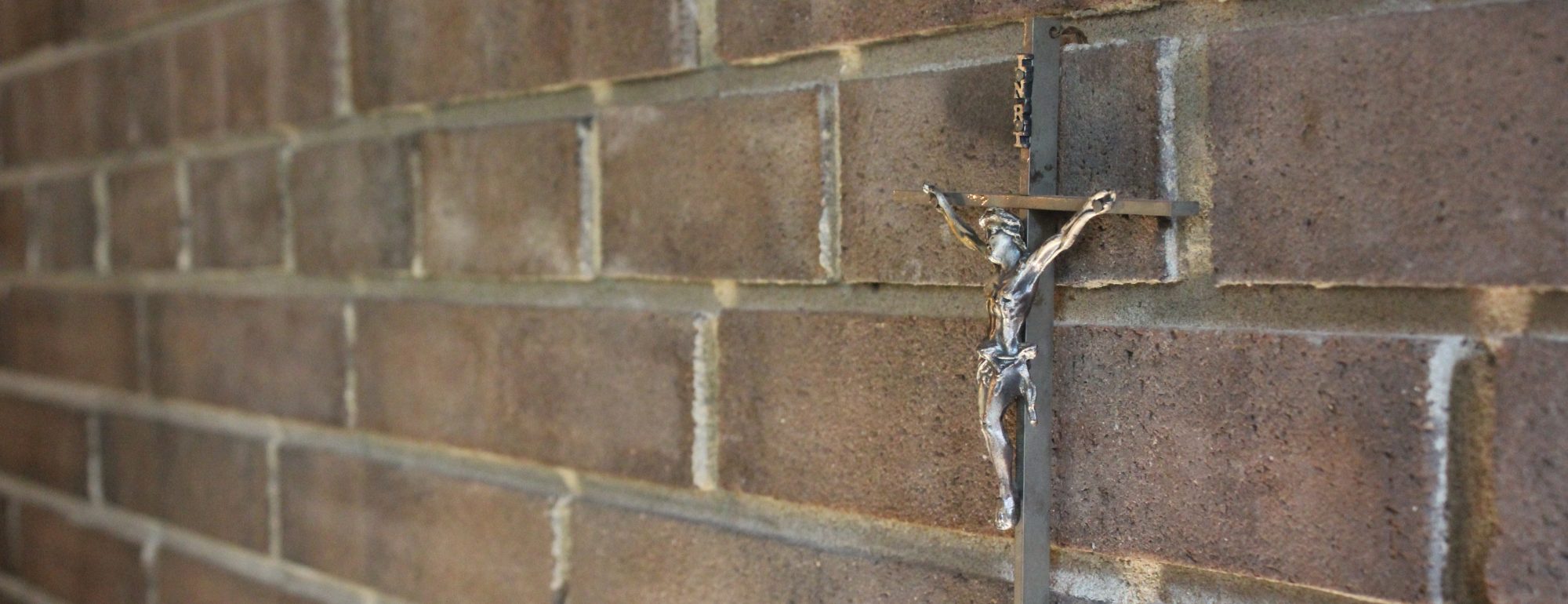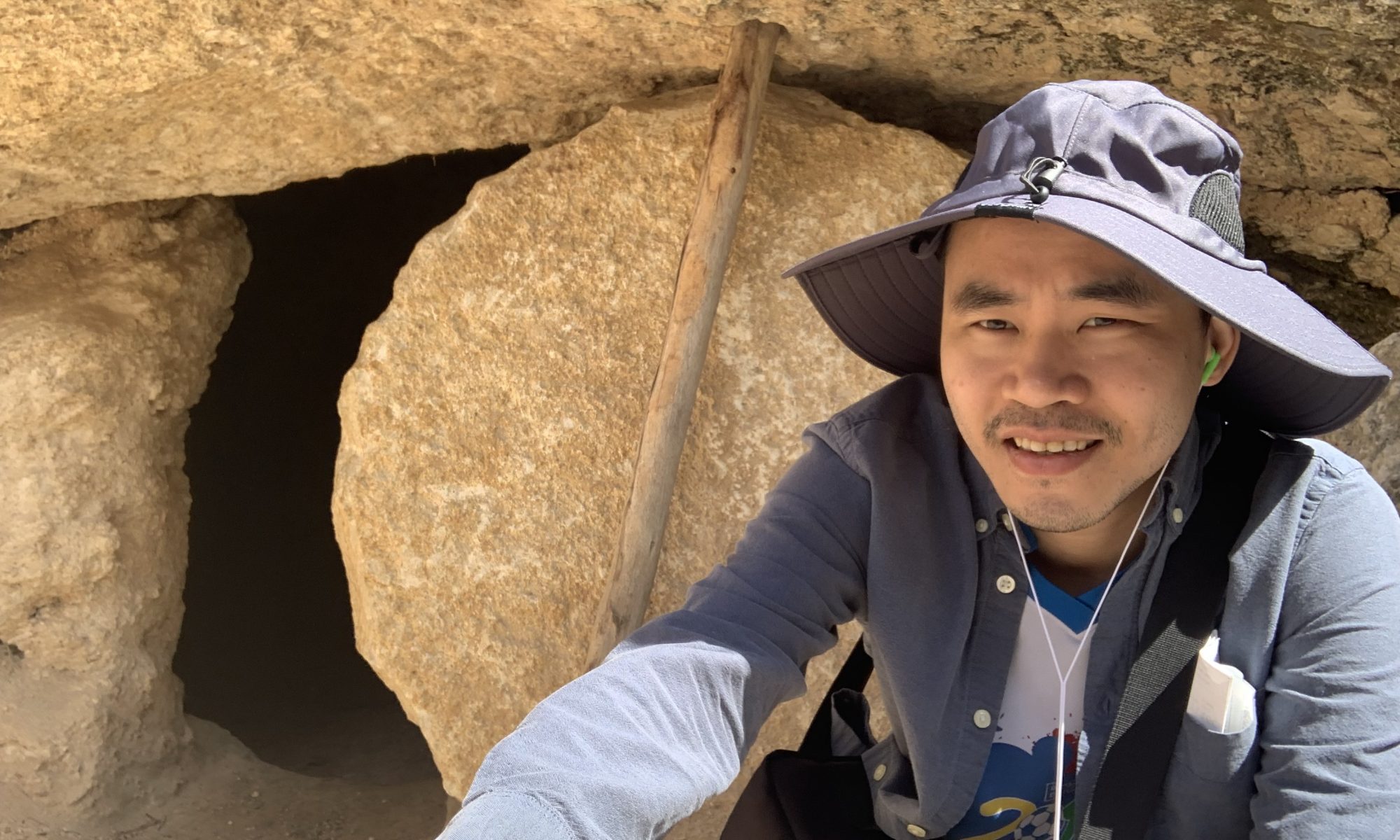Let me begin my homily today by telling you a story about resurrection, not of Jesus but of a pastor. As preparing for the solemnity of Easter, he attended a retreat the week before Palm Sunday. He was very touched by the words of the retreat master. He realized that he was too bossy and too demanding to the parishioners. He was motivated to change the way he treated them. He told the parishioners that “your old pastor died” and put this message on the parish bulletin board. However, when he was very busy preparing for Holy Week, his personality came back again. One parishioner wrote below his message on the bulletin board “and he resurrected after three days! Alleluia.”
The paschal mystery of Jesus, which comprises his passion, death, resurrection, and glorification, stands at the center of the Christian faith. It is also important for you to keep in mind that the risen body of Jesus is the same the body crucified on the cross. However, his body now participates in the divine life with the characteristics of a glorified body. In the story of the pastor, we see that “the resurrection of the pastor” refers to his returning to the old way of life. On the contrary, the resurrection of Jesus is not like that. In the resurrection, Jesus is glorified, and he started a new age of salvation. Therefore, we are invited to participate in the resurrection of Christ by giving up our old way of lives and living a new lives in accord with Jesus’s new commandment of love.
It is essential in our faith to believe that Jesus truly died and that he truly resurrected. The readings and the gospel today provide sufficient evidence for this belief. In the acts of the apostles, Peter witnessed that “the witnesses chosen by God in advance ate and drank with him after he rose from the dead.” That is, there were people seeing the resurrected Jesus and proclaiming this good news to us. Their message is credible because many of them had to pay their own lives for witnessing it. They were willing to accept to be persecuted and murdered so that the good news of Jesus’s resurrection can be proclaimed to us. We must be aware that the faith we received is paid by the price of many martyrs over the past 2000 years. Therefore, to live more deeply the paschal mystery, we not only keep this mystery for ourselves, but we also witness it to the world by observing the law of love. There will be challenges and suffering in observing this law, but it is worthy to carry it out because our reward is being participated to the glorification of Christ.
If you still doubt the truth of Jesus’s resurrection, you may look at the evidence in the gospel, namely the empty tomb. It is not the case that Jesus’s body was stolen by his disciples because the Jews sent the guard to secure the tomb after Jesus’s burial. Thus, it is more plausible to believe that Jesus resurrected and went out. In this gospel account, there is an interesting detail, that is “the cloth that had covered his head, not with the burial cloths but rolled up in a separate place.” I found a meaningful message from this detail when I learned about Jewish culture. Precisely, at meal, if a master leaves the table, the servant must know to read signs that tell whether his master comes back or not. If the napkin is not rolled and left in a random place, then it means the master finishes dinner. If the master rolls up the napkin and places it aside, the servant must wait for his master. Therefore, the burial cloths, rolled up, may implies another good news that Jesus will come back. Truly, he will come back on the last day to judge the living and the death. Thus, this message tells us to prepare for his second coming. We prepare by strengthening our faith, deepening our love, and sustaining our hope.
May our risen Lord fill you with his grace and increase you in the virtues of faith, hope, and love.

